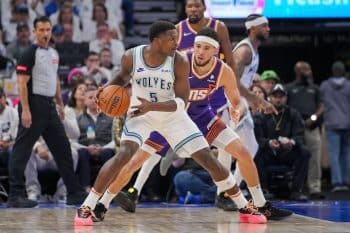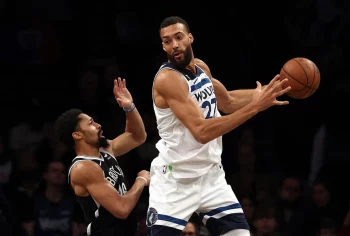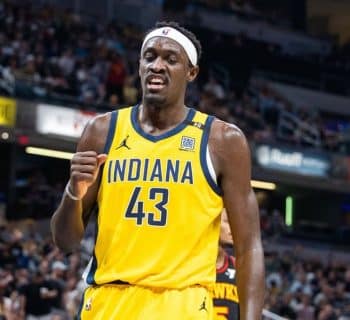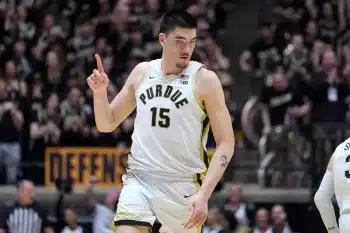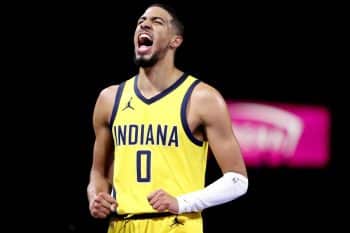NBA
Results-Based Mental Performance: Plan B

For players looking to remain sharp, getting in on-court work right now can prove to be a challenge. Considering the social distancing and lockdown currently in effect, players and teams alike may be forced to look outside the box to employ other sorts of ways to maintain an edge.
Integrated player development tools that touch upon the deeper level of the mind could provide the answer.
With limited skill development time, mental tools that aim to maintain and refine player’s instincts, habits and routines could hold the key to producing improvement during this on-court hiatus.
In this column, we are going to highlight four different ways to train the mind (And Game) to remain sharp.
Visualization
Science has shown that there is a direct connection between thoughts, emotions and the body. This means when players are relegated to primarily off-court activities, there could be no better way to train, than visualization.
Players that I have worked with in the past who have employed visualization, have often produced mirror-like on-court results.
For instance, during my time at Temple University, there was a player who pictured himself stealing the ball in the full court and then going down to dunk the ball. Before visualizing this, he had not completed this play during the game. After doing so, he began to repeatedly complete this play during the games. This is just one example, of how powerful visualization can be, and there are many more. This type of phenomenon has become the new normal for the community of MindRight Pro community players.
This is one of the reasons why, visualization is such a beneficial tool to use, especially when players are not able to get-in adequate court-time. At this point, making this apart of the player’s daily routine should be a no brainer.
Affirmations
Affirmations have long been used as a way to affirm mindset. For players, whose seasons have abruptly come to an end, and where on-court time has been limited, training mindset to stay sharp is VITAL.
Consistent use of affirmations helps players hone their very own personal mission statement. If players can stay on a mission now, they can perceivably do so through any future experience.
Regular check-ins help to keep players on a mission, and headed in the right direction.
Breath Work
Leveraging breath as a way to increase awareness and performance is a pillar of virtually every type of self-help and high-performance modality.
Being aware of one’s breath is very powerful. Breathwork has also long been used as a vehicle to bring people into the present moment. The present moment is where high-performance lives. For players, there may be nothing more important for their game than this.
This is a big-time opportunity for athletes to train on-court performance via present moment awareness. We are talking about training breath as a proxy for improvement.
Ultimately, on-court performance all boils down to present moment awareness. Without a strong handle on this aspect of consciousness, players will hold themselves back from the best version of themselves. For players, training this aspect now could reap big-time rewards when basketball resumes.
Meditation
Of course, we can provide this list without talking about meditation. Meditation is like the anchor for all other mind-based methods. With the increasing number of options for meditation, players should have no problem finding resources in this regard.
This being said, there are a ton of different types of meditation. It does not matter which one a player chooses, the most important thing is that he/she is consistent.
Consistency moves the dial, and that is super important right now. Players who consistently train the mind during their time off the court; Give themselves an edge once they’re cleared to be back on the court in the full.
Check out Jake Rauchbach’s High-Performance Mindfulness podcast here.

